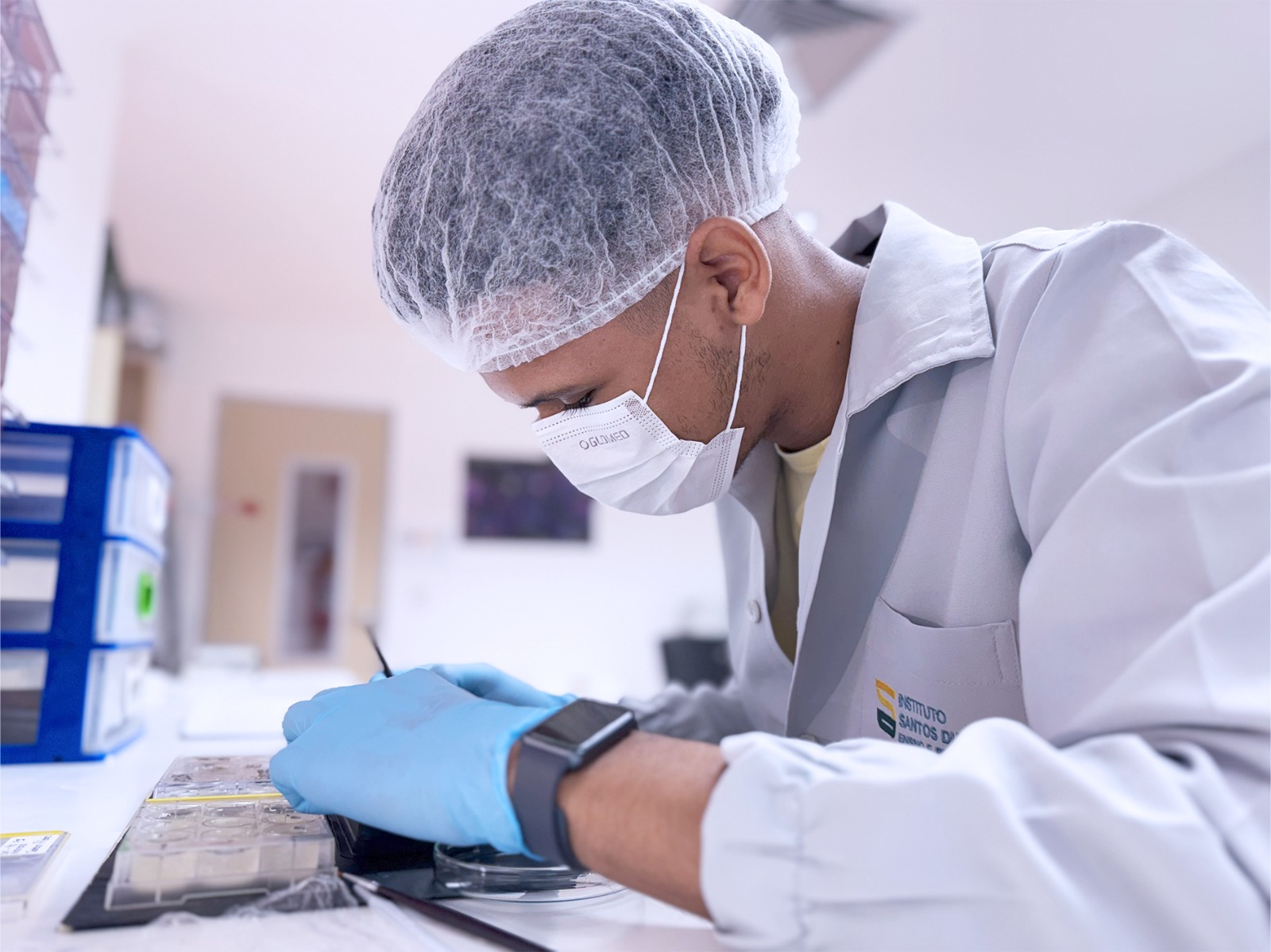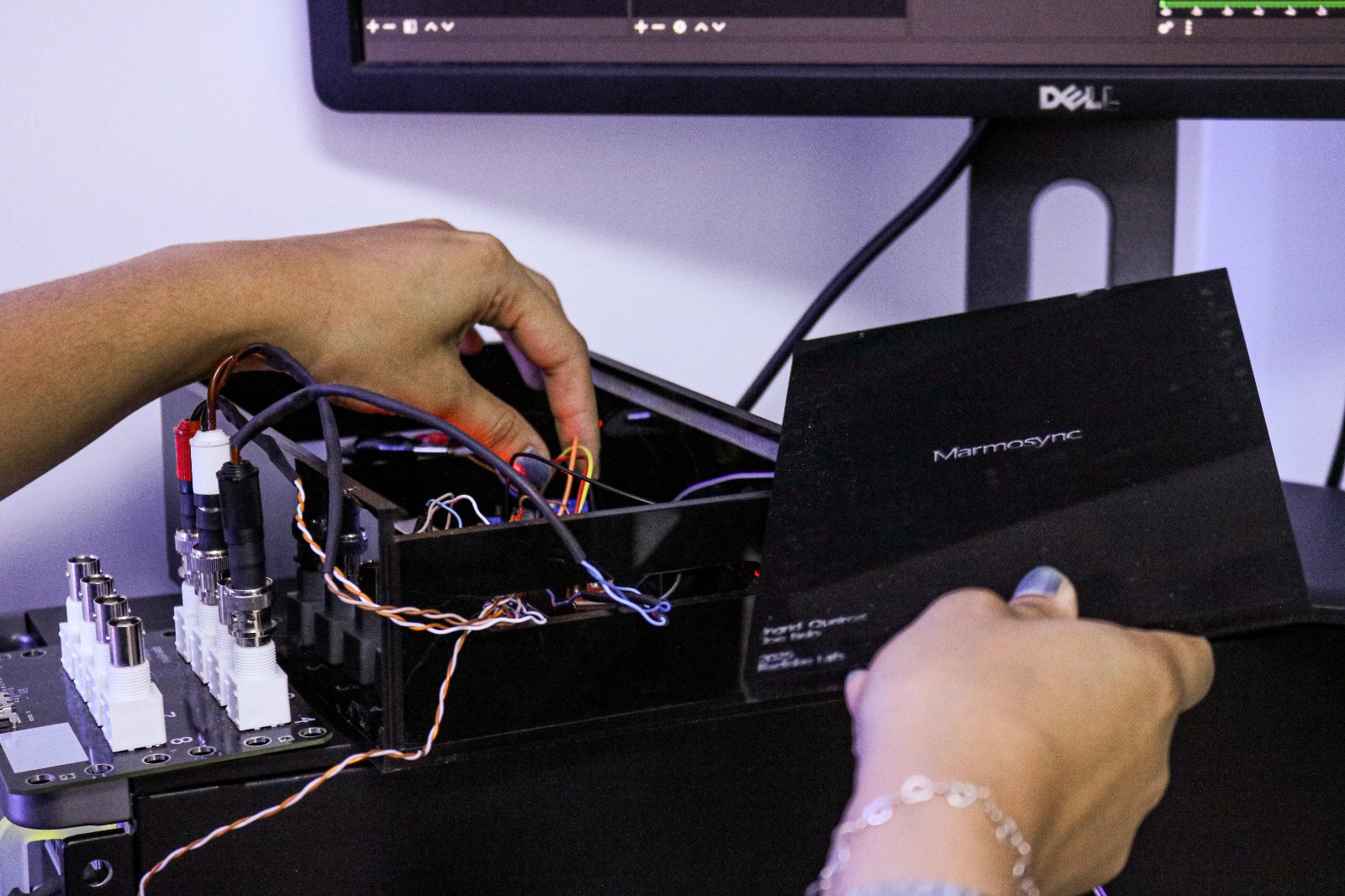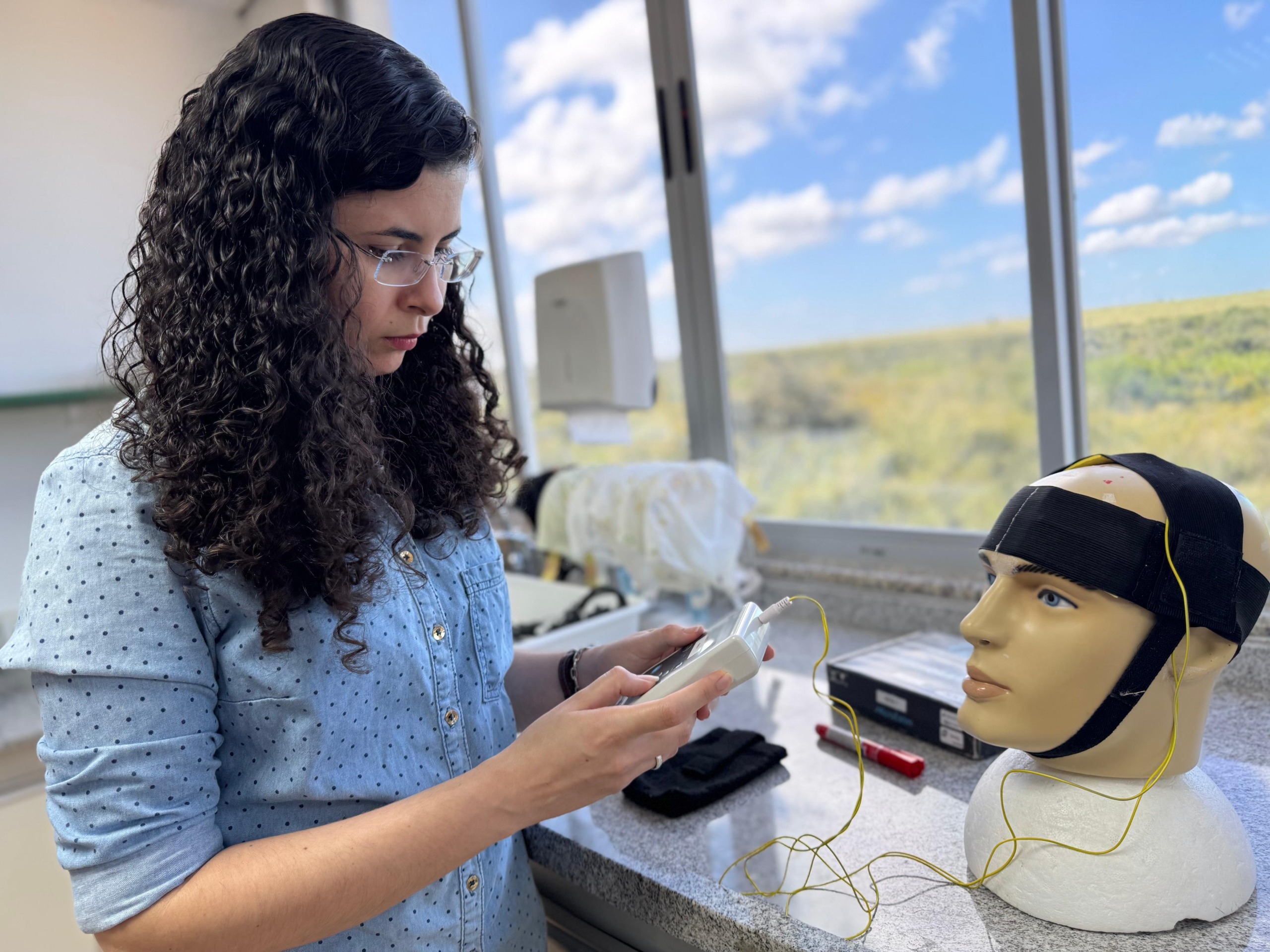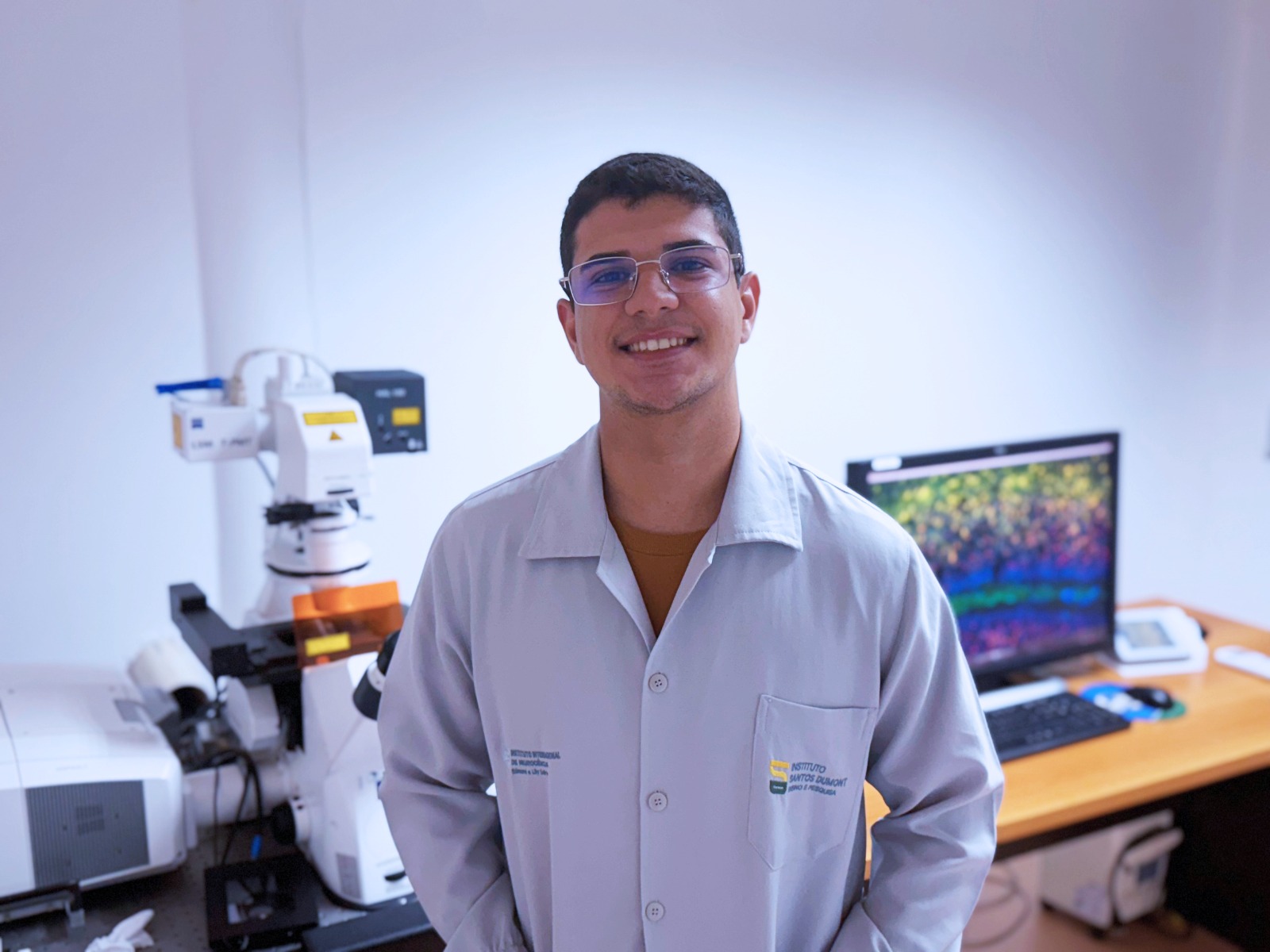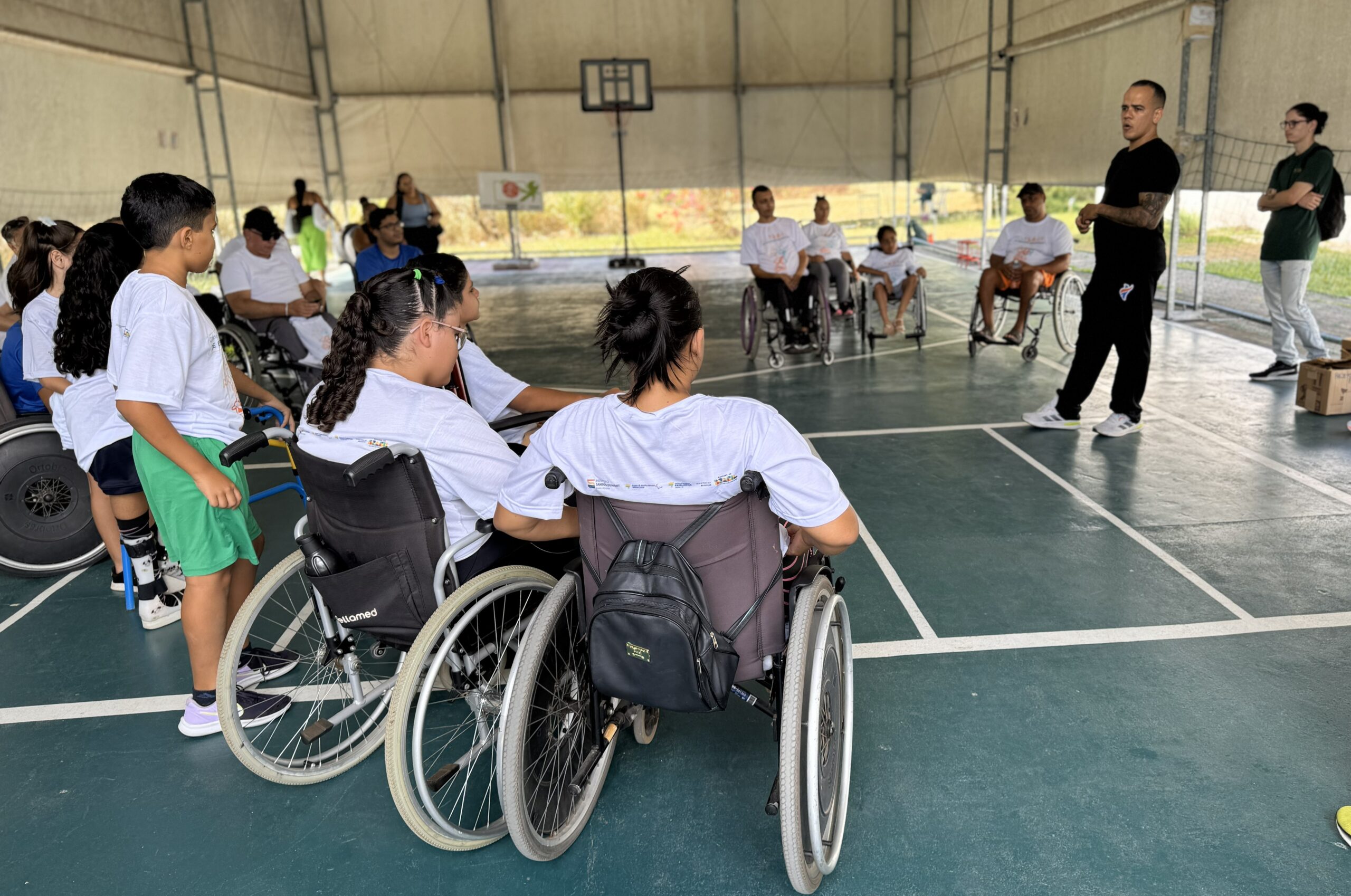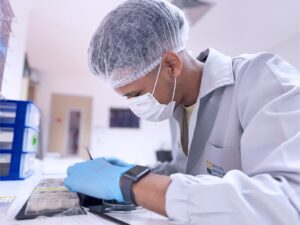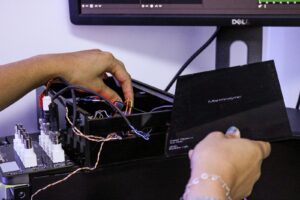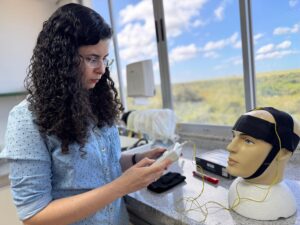The 2016 results of the Master's degree in Neuroengineering from the Edmond and Lily Safra International Institute of Neurosciences (IIN-ELS) have been announced
Text and Photos: Ariane Mondo – Ascom Instituto Santos Dumont (click on the images to enlarge them)
On January 15, 2016, the list with the names of approved candidates for the master's degree at the Postgraduate Programaction (PPG) in Neuroengineering of Edmond and Lily Safra International Institute of Neuroscience (IIN-ELS). The selection committee, made up of six IIN-ELS professionals, chose the following students, listed below in order of classification, alongside the acronyms of their home institutions:
Juliana Avila de Souza – UFRGS
Pedro de França Cavalcanti – UFRN
Eduardo Bacelar Jacobi – FURG
Andréa Coutinho Sarmento – UFPB
Juliana Harumi Sato – FMJ
Lorena Andreolli – UnB
Thiago Chagas de Amorim – UNEB
Mab Suellen Abreu Nunes – UNIT
Edson Ricardo Junior – FURB
Registration and enrollment
Those selected must register between January 25th and February 29th and will be informed of the procedures by email. Enrollment will be done in person during the first week of classes. The IIN-ELS master's course in neuroengineering is free and offers activities at its facilities in Macaíba, in Rio Grande do Norte. The academic year begins on March 1st and students can count on transportation between Natal and the Institute's headquarters.

Researcher Fabrício Lima Brasil (in the photo on the side, in a striped shirt), coordinator of the PPG, stated that both the demand and qualification of candidates have increased over time. This is the fifth call from IIN-ELS for graduates who are interested in deepening their knowledge in the area of neuroengineering and in the 2016 selection process there were candidates from Mato Grosso, Paraíba, Santa Catarina, Rio Grande do Sul, São Paulo, Distrito Federal, Minas Gerais, Sergipe, Rio Grande do Norte and Bahia.
The next cycle of applications for the IIN-ELS PPG should be published at the beginning of May. The course is aimed at graduates in the areas of health sciences or engineering areas (bachelor's or licentiate's degree), who aim to gain depth with a high standard of scientific or technical-professional competence.
Neuroengineering is an interdisciplinary research area that brings together neuroscience and engineering methods to study the functioning of the nervous system and develop solutions for limitations and dysfunctions associated with it.
IIN-ELS PPG research lines
The IIN-ELS Postgraduate Program in Neuroengineering has two lines of research: Brain-Machine Interface (BMI), which is an area whose objective is to establish direct communication between the nervous system and robotic, electronic or computational artifacts through the use of neurophysiological signals and brain micro-stimulation. The development of ICM has great therapeutic and technological potential for a variety of neurological diseases, which dramatically affect motor function, such as paralysis, Parkinson's disease and stroke.
The other line of research is neuromodulation, which consists of the implantation of devices in the central or peripheral nervous system, which release an agent (chemical, biological or physical) to promote an effect of reestablishing, modulating, inhibiting or increasing nervous system functions. Neuromodulation with electrical stimulation has currently been used to treat motor symptoms of Parkinson's and essential tremor, Tourette's syndrome, obsessive-compulsive disorder, chronic pain, depression, Alzheimer's and cerebral coma, but there are still countless possibilities for research and technological development.
More information about IIN-ELS: https://institutosantosdumont.org.br/instituto-internacional-de-neurocienciasedmond-e-lily-safra/



